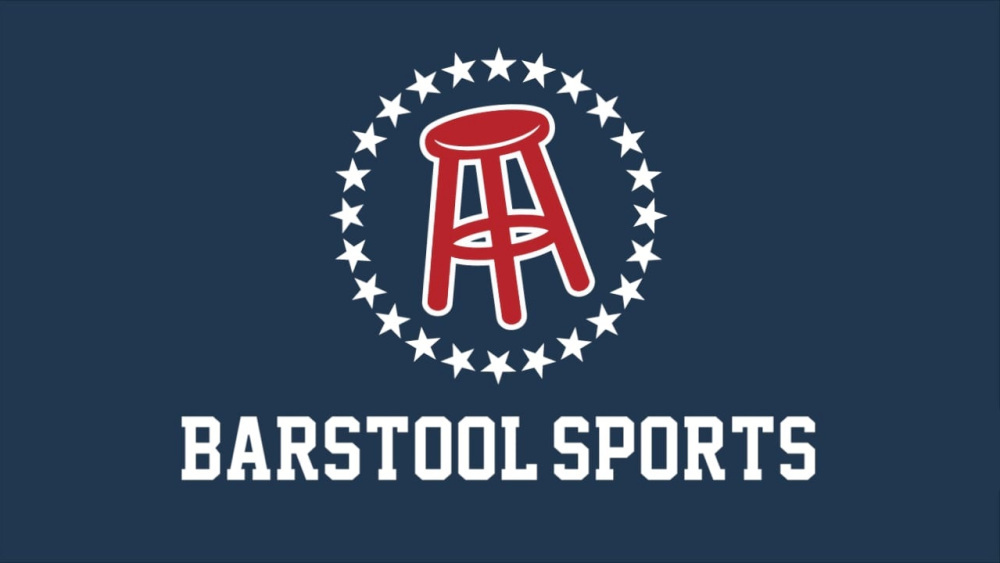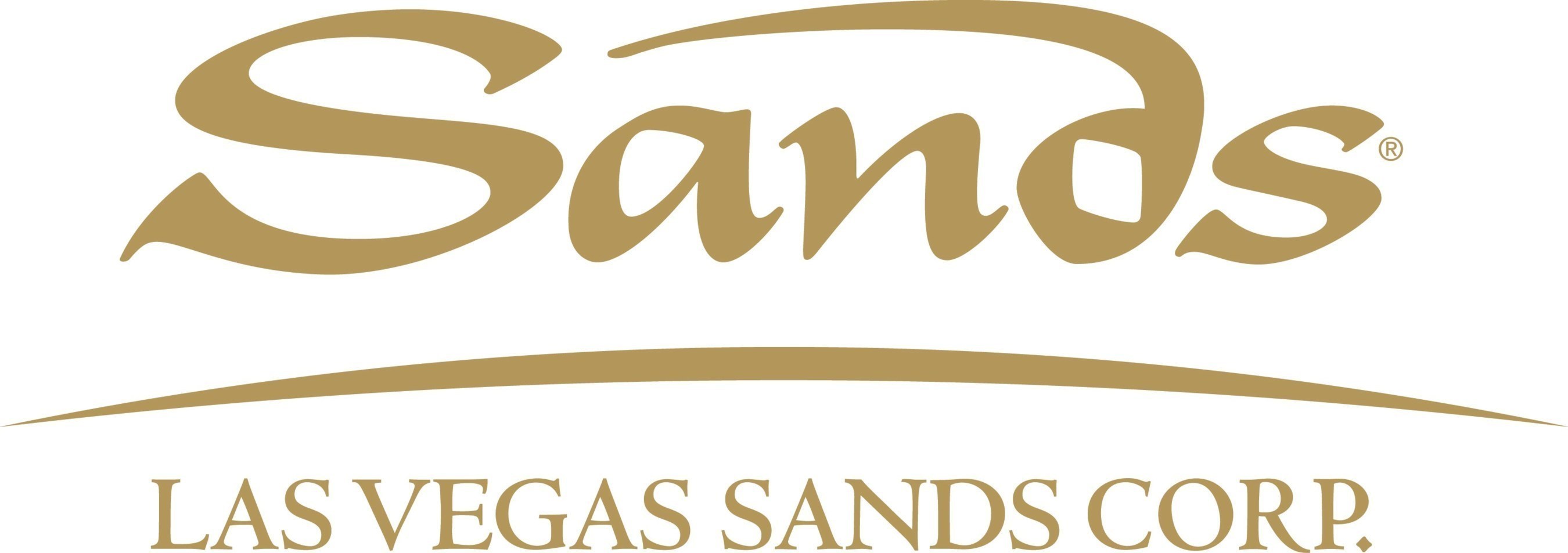Are gambling stocks a solid investment?
If there is one constant in life, it's that people love to gamble. From the days of the bible where various people cast lots to win something of value, it has been man's desire to wager something against another person to prove both their superiority over the other person and of course to help fatten their wallet. From the late 1600s, when the first casino opened in Venice, Italy, until the late 1900s, the only ones who ever truly benefited from gambling were the owners of the gambling establishments. Whether it was riverboat casinos in Mississippi in the 1820s, small casinos in San Francisco, founded to take advantage of miners who went out West in The Gold Rush, or larger commercial casinos in Las Vegas or Atlantic City, the only measure of success was how much money it made for those who ran and owned them.
The UK
That also held true in the UK, although the notion was somewhat altered in 1967 when Ladbrokes launched a public offering on the London Stock Exchange (LSE), allowing the public to take some ownership in the company. This became possible thanks to the Betting and Gambling Act introduced in 1960, which forced bookmakers and casinos to become more visible. Until that date the UK government chose an abolitionist policy towards gambling, fearing it was contrary to the public good, but citizens gambled anyways, and illegal horse racing wagering continued to soar. So, the British government, with the blessing of the Archbishop of Canterbury and the Royal Family, introduced the 1960 law to try and curtail illegal gambling. While many casinos and sportsbooks failed, the largest and most traditional companies like Ladbrokes, William Hill and Coral grew exponentially. Using a combination of bookmaking shops (similar to off-track sports betting parlors in the U.S., but with the option of betting on casino games and sports), as well as setting up some luxury land-based casinos, the profits of these businesses continued to grow. Ladbrokes saw an opportunity to go public and took it, although they stood alone in that regard until around the turn of the century, when companies like William Hill and Paddy Power also offered stock on the LSE.
United States
The idea of a public listing, however, was not considered in the United States until the early 2000s. Many of the U.S. casino owners believed it was not in their best interest to allow the general public to get involved in the industry, both out of greed and a concern of interference from shareholders, plus there was also a concern  that the "dirtiness" attached to the industry would make some investors get cold feet and any instability could hurt the value of the companies. Nevertheless, Wynn was the first major casino in the U.S. to go public in 2002. That was followed by Las Vegas Sands (LVSC) in 2004, MGM Casino Resorts in 2011 and Harrah's (eventually renamed Caesars) in 2012. It should be noted that Penn National went public in the 1990s, but they had various other businesses, including partnerships in racetracks that they felt justified the decision. Other gambling related companies such as Interactive Gaming Technologies (IGT) which manufactured slot machines went public much earlier as well.
that the "dirtiness" attached to the industry would make some investors get cold feet and any instability could hurt the value of the companies. Nevertheless, Wynn was the first major casino in the U.S. to go public in 2002. That was followed by Las Vegas Sands (LVSC) in 2004, MGM Casino Resorts in 2011 and Harrah's (eventually renamed Caesars) in 2012. It should be noted that Penn National went public in the 1990s, but they had various other businesses, including partnerships in racetracks that they felt justified the decision. Other gambling related companies such as Interactive Gaming Technologies (IGT) which manufactured slot machines went public much earlier as well.
The gaming sector generally turned out to be a good investment for shareholders, but it was still seen as a risky purchase by investors due to the fickle nature of the industry and laws in the United States that made it difficult to expand. That changed dramatically in recent years when the DoJ under Barack Obama gave an opinion that allowed online gambling to be legalized in states. Even more importantly, in 2018 the Supreme Court of the United States struck down PASPA, allowing sports betting to be legally offered in any state. At that point, investors started taking notice of the gambling stocks and the seediness of the business seemed to wane. As well it seems that the COVID-19 pandemic also started to raise the eyebrows of investors who realized that many Americans were turning to online gambling for something to do. Consequently, online gambling, and particularly sports betting soared in states that offered a way to wager on sports or casinos while people stayed at home to fight the pandemic. And after looking at what was wagered, as well as the potential revenues from states that will likely be legalizing sports betting, Zion research suggested that sports betting revenue in the U.S. would surpass $155 billion annually by the year 2024.
Profit fueled by sports betting
As a result of that report and after seeing the revenues that were being generated in states like New Jersey and Pennsylvania, gambling stocks went crazy in 2020. Penn National grew from $13 a share a year ago to $104 today after they purchased Barstool Sports, which in 2020 became the most downloaded sports betting app in the country. DraftKings stock grew from $14 a year ago to almost $62 today after it seemed like every state was authorizing them to set up a sports betting product. And on the London Stock Exchange, Flutter Entertainment, which owns FanDuel, PokerStars and Paddy Power-Betfair, also doubled in price thanks to their U.S. focused sports betting products, particularly FanDuel.
As for the casinos, MGM grew from just around $11 in April 2020 following a dismal growth forecast to $41 today after industry analysts believed it now had long term potential, particularly with online sports betting. And Caesars stock skyrocketed from about $18 at the beginning of the pandemic to around $96 today after they purchased the U.S. operations of William Hill for 2.9 billion GBP. Not surprisingly, William Hill stock has not seen a jump on the London Stock Exchange because many UK investors believed that the U.S. was going to be the saving grace for the company, plus new UK Gambling Commission rules which curtail much of their activities, including Fixed Odds Betting Terminals in their UK bookmaking shops, makes them a very risky long-term investment.
A professional trader's view
I spoke with Edward, who works for a large internet e-trading site, and who has been quite bullish on gambling stocks for many years, and I asked him if there were any companies that he believes are still undervalued despite the huge stock price increase of late.
“Absolutely there is value still in the market, but the key is to hold the stocks long term. If you are looking for a quick turnaround on investment, this is not the area you want to be investing in. I always find it amazing that when people invest in their 401(k), they are in it long term and don’t panic with price fluctuations, but with gambling stocks they are always looking for a way out when things go sideways.
I have four gambling industry stocks that I am very excited about right now, one on the NYSE, two on NASDAQ and one on the FTSE (UK) exchange. The first stock is Penn National, which trades as PENN on the NASDAQ. The stock may look expensive, but the upside potential is massive. The company’s casinos are all located in areas with huge revenue potential and in states which are now starting to legalize sports betting, which will only help the casino revenues. Horse racing is also making a bit of a comeback and the Texas  racetracks are particularly appealing since it's still really the only form of legalized gambling in that state and likely will be for the foreseeable future. But the big potential revenue generator and the reason I recommend them is due to their partnership with Barstool Sports. What was once unheard of is now the largest sports betting app, and I have no doubt that as mobile sports betting ramps up, most of the younger generation will be using that app when placing their bets, and of course all wagers on that app will be made via the Penn National sportsbooks. Penn feels the biggest increase in their revenue will be from New York sports bettors and there was a concern it wouldn't materialize after there was talk that Andrew Cuomo wanted all wagering to be made via the New York lottery, but as you know, New York legalized online sports betting last week, so the upside is enormous. I have no doubt that Penn National stock will be worth at least $250 in 2 years' time.
racetracks are particularly appealing since it's still really the only form of legalized gambling in that state and likely will be for the foreseeable future. But the big potential revenue generator and the reason I recommend them is due to their partnership with Barstool Sports. What was once unheard of is now the largest sports betting app, and I have no doubt that as mobile sports betting ramps up, most of the younger generation will be using that app when placing their bets, and of course all wagers on that app will be made via the Penn National sportsbooks. Penn feels the biggest increase in their revenue will be from New York sports bettors and there was a concern it wouldn't materialize after there was talk that Andrew Cuomo wanted all wagering to be made via the New York lottery, but as you know, New York legalized online sports betting last week, so the upside is enormous. I have no doubt that Penn National stock will be worth at least $250 in 2 years' time.
The second stock I am excited about is FuboTV Inc. which trades on the NYSE as FUBO. While this isn't technically a gambling stock, it is very connected to the gambling industry since the company purchased Balto Sports in December and the Vigtory sports streaming service recently. The company announced that it was going to offer free interactive sports contests in the summer with a plan of launching a legal sportsbook later on, but I think their ultimate objective is far deeper. Their hope, without question, is to take this year to launch a product which shows how easy it is to bet in-play on your smart TV using the remote control as the device to place wagers. I am certain they don’t want to get into the sports betting business, but want to partner with sportsbooks who like the idea of players wagering on their TV sets while games are being played. They will sell themselves as the best opportunity for existing sports betting companies to use to achieve this initiative and it appeals to both younger and older sports bettors. TV isn't going anywhere and while much of the younger generation wants to use their cell phones for all their activities including betting, there is still a portion of that generation, as well as older generations, who aren’t as comfortable with cell phones and would love to simply click a remote control button to bet on the outcome of a football game currently being played or even on the result of the current drive (i.e., punt, field goal, turnover or touchdown). Odds would appear on the screen for ease of use, and if the company can get enough buy in from different sports betting companies, they can even show the odds for each company and allow a bettor with accounts at all of them to simply accept the best odds for their wager. The company will also make money from advertising during the games. It probably will never be as popular as Barstool Sports, but it has huge upside potential and at $23 a share, it’s worth the risk. I have zero expectations it will ever reach the $270 a share when it was compared to Netflix, but I see no reason it wouldn’t be worth $60 to $80 a share by this time next year.
The other NASDAQ stock I’m very bullish on is Scientific Games, which trades as SGMS. The shares of this stock are currently around $44 a share and I have zero doubt it will be worth well over $100 by the end of next year. Many investors are confused about the company because of the name, but they are likely one of the biggest names in the industry, especially with online gambling. Any casino games you play in North America at an Internet casino that aren’t IGT are likely either SG, Bally or WMS which are all owned by SG. The company suffered some bad losses of late which wasn’t helped by the pandemic, but it is only a matter of time that online gambling explodes in the U.S. and this company will explode with it. As well, they have increased their sports betting presence and are powering sports betting applications for all the major UK casinos, including William Hill, Flutter Entertainment BetFred. And they are now starting to partner with U.S. companies to power their sports betting products as well, including Caesars, BetFred here and some sports betting sites in Canada. They have very smart people, fill an important niche in the industry, and as things ramp up, there is no doubt SG will also move forward.
The last company I’m excited about on the FTSE exchange is William Hill, which trades as WMH. Their stock price is arbitrarily low because of their exposure to the betting shops and fixed odds gambling terminals in the UK which are failing miserably, but there are some smart people in that company, and I have no doubt that they will take the international operations of the company, now that the U.S. section is being run by Caesars, and they will figure out markets in Asia and the rest of Europe that will help them grow. They also have a massive cash flow. The stock is trading at about 2.5GBP and it has huge upside potential. I see no reason it shouldn’t double in the next 2 years.
Investing in U.S. casino stocks
I asked Edward about U.S. casino companies, but he wasn't sold on them, feeling that many were overvalued and that they focus too much on their land-based operations, which he feels is a losing cause. As for myself, the one company that I am personally looking closely at is LVSC, which trades on the NYSE as LVS. It's currently around $62 a share, which is up from $38 a year ago, but well off its highs of $80 seen three years ago. The reason I am stoked about this stock is the death of Sheldon Adelson. Before anyone writes to me to say that I am a heartless boor, let me explain.  LVSC stock declined badly at the beginning of the year because of the pandemic, and LVSC was particularly hard hit. They were the first to notice the effects since Macau closed casinos in January and the number of patrons in Macau never rebounded to previous levels. And in the United States, LVSC was unable to make any money from wagering, unlike other companies like Caesars and MGM, because Sheldon Adelson would not allow online wagering. Adelson actually made it his mission to stop online gambling including the introduction of the ridiculous bill called Restore America’s Wire Act (RAWA). LVSC has the largest casinos in both Macau and Singapore and neither the Chinese nor Singapore governments will ever allow online gambling, so eventually gambling at both casinos by Chinese patrons will return to previous levels. But more importantly, with Adelson gone, LVSC can now explore online gambling to possibly bolster its revenues. COVID-19 revenues in states with licensed online casino and online sports betting showed why it’s so important to have an internet presence, and from what I’ve heard, there was no poison pill in Adelson’s will that disallowed the company to consider online gambling. LVSC shareholders will only be interested in the bottom line and I am certain that when executives produce a list of viable reasons why LVSC should have an online presence the motion will be approved. If that is the case, LVSC has just as much upside potential as any of the casino stocks which have seen a large growth spurt in the last few months.
LVSC stock declined badly at the beginning of the year because of the pandemic, and LVSC was particularly hard hit. They were the first to notice the effects since Macau closed casinos in January and the number of patrons in Macau never rebounded to previous levels. And in the United States, LVSC was unable to make any money from wagering, unlike other companies like Caesars and MGM, because Sheldon Adelson would not allow online wagering. Adelson actually made it his mission to stop online gambling including the introduction of the ridiculous bill called Restore America’s Wire Act (RAWA). LVSC has the largest casinos in both Macau and Singapore and neither the Chinese nor Singapore governments will ever allow online gambling, so eventually gambling at both casinos by Chinese patrons will return to previous levels. But more importantly, with Adelson gone, LVSC can now explore online gambling to possibly bolster its revenues. COVID-19 revenues in states with licensed online casino and online sports betting showed why it’s so important to have an internet presence, and from what I’ve heard, there was no poison pill in Adelson’s will that disallowed the company to consider online gambling. LVSC shareholders will only be interested in the bottom line and I am certain that when executives produce a list of viable reasons why LVSC should have an online presence the motion will be approved. If that is the case, LVSC has just as much upside potential as any of the casino stocks which have seen a large growth spurt in the last few months.
So, are gambling stocks a good investment? Maybe. But as Edward said: If you are not going to be in this for the long haul, gambling stocks are probably not the best investment for you.
Read insights from Hartley Henderson every week here at OSGA and check out Hartley's RUMOR MILL!







































